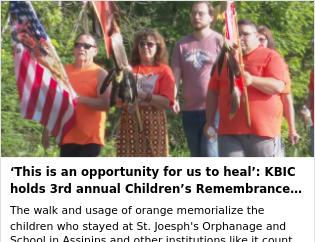
2 minute read
National Immunization Awareness and World Cancer Support Month
Cancer can take years, even dec after a person has HPV There is no way to know who will develop cancer or other health problems from HPV.
People with weakened immune systems may be less able to fight off HPV HPV is thought to cause 70% of oropharyngeal cancers in the U S Tobacco and alcohol use increase the risk of developing mouth cancer
Rates of oropharyngeal cancer have increased dramatically, driven by HPV infection – 54,000 new cases of oral cavity and oropharynx cancers were diagnosed in the United States in 2022 It is estimated that 11,580 deaths (8,140 men and 3,440 women) from oral and oropharyngeal cancer will occur in the United States in 2023.
This August is National Immunization Awareness Month and highlights the importance of getting recommended vaccines. August is also World Cancer Support Month and it is important to note that wellchild recommended vaccines can protect against oral (mouth) cancers.
The Human papillomavirus (HPV) is the most common sexually transmitted infection (STI) in the United States. HPV can cause cancer at varying times in life; these cancers are in genital and oral locations in the body.
There were about 43 million HPV infections in 2018 in the U S , many among people in their late teens and early 20s Often, there are no signs or symptoms Sometimes, these infections can cause visible health problems, including warts. These may be present in the genital area, but also in the back of the throat. This can include the base of the tongue and tonsils Mouth and throat cancer (oropharyngeal cancer) can also develop at any time in life after HPV infection
There are vaccines that can help stop these diseases from happening. Talk to your doctor to ensure you and your family are protected Talk to your dentist about any concerns you may have
An initial HPV vaccination is recommended for boys and girls around age 11 or 12 (but can start at age 9). This is commonly a two-dose series.
A catchup HPV vaccination is recommended for all persons through age 26 if they are not already vaccinated This is commonly a three-dose series
Most people have no symptoms of oropharyngeal cancer Sometimes, symptoms may include a longlasting sore throat, earaches, hoarseness, swollen lymph nodes, pain when swallowing, and unexplained weight loss. If you have any symptoms that worry you, be sure to see your doctor or dentist right away.
There is no test to find out a person’s HPV status Also, there is no approved test to find HPV in the mouth or throat
The HPV vaccination can prevent HPV oral cancers. Finding these cancers early greatly increases the survival rate. Screening for oropharyngeal cancer is done at every dental exam visit A referral to an oral surgeon may be recommended
So, be sure to see the dentist twice a year, as recommended by the American Dental Association.
Health awareness months: Calendar list (medicalnewstoday com) https://www medicalnewstoday com/articles/health -awareness-months
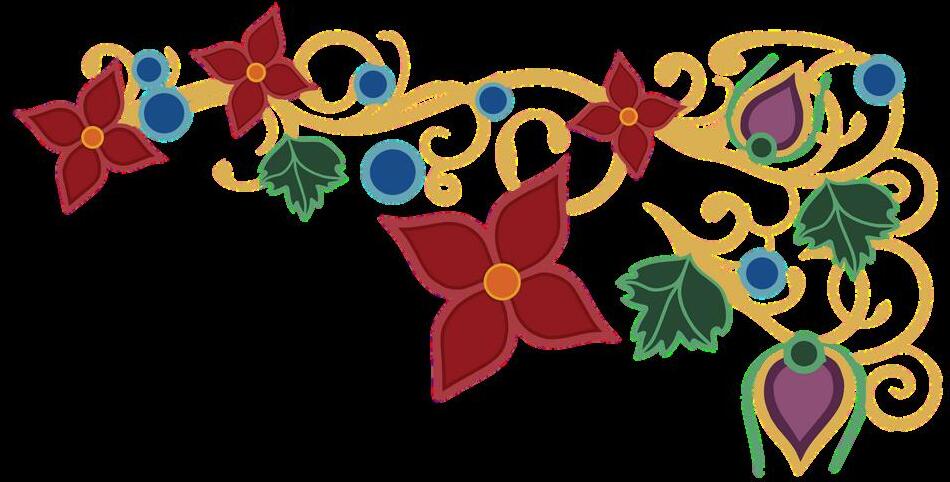
National Immunization Awareness Month (NIAM) | CDC https://www.cdc.gov/std/hpv/stdfact-hpv.htm https://www.cancer.org/ https://www.cdc.gov/cancer/hpv/basic info/hpv oro pharyngeal htm https://www cancer gov/news-events/cancercurrents-blog/2021/hpv-oropharyngeal-cancer-lesstreatment-fewer-side-effects
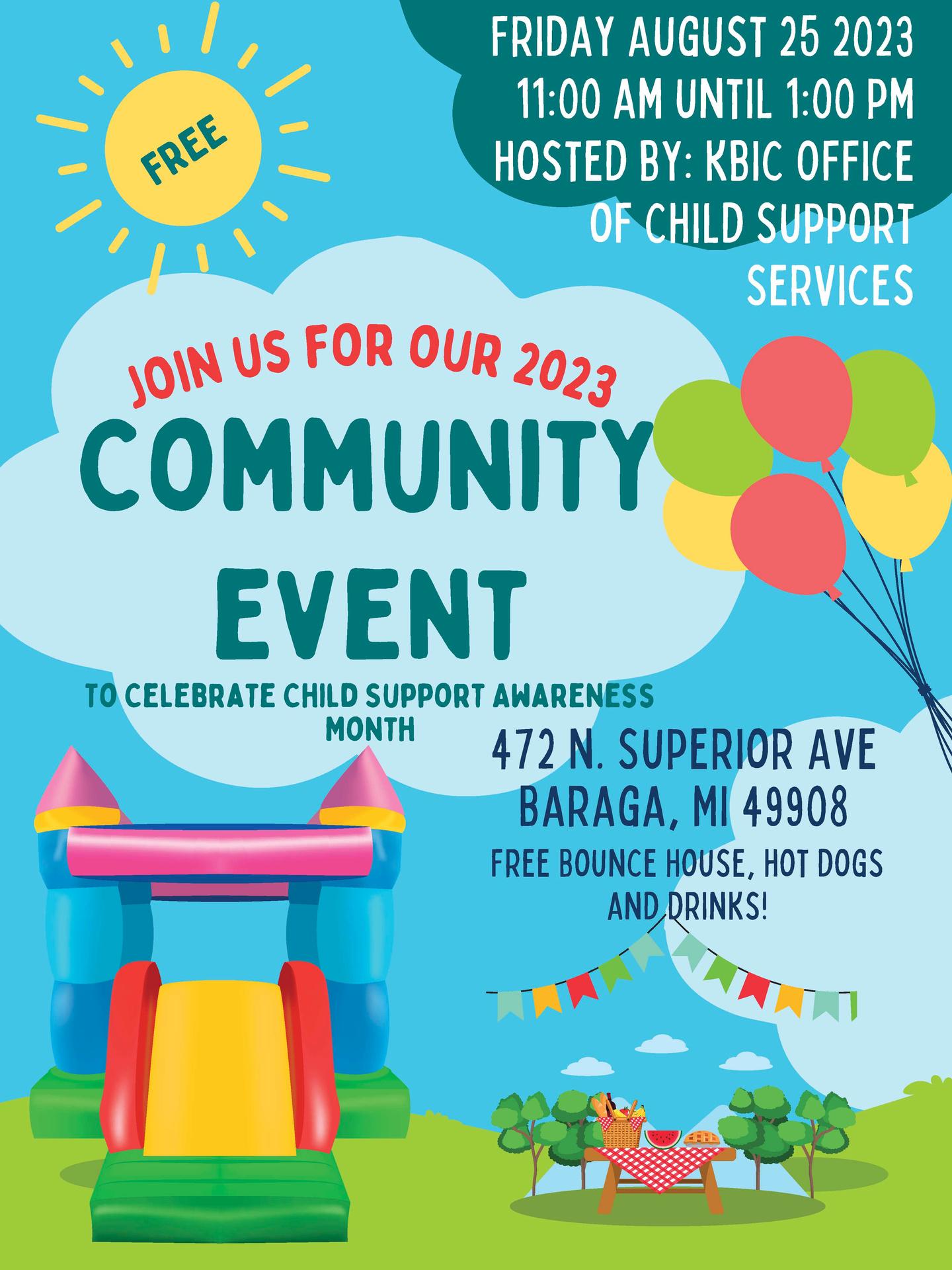
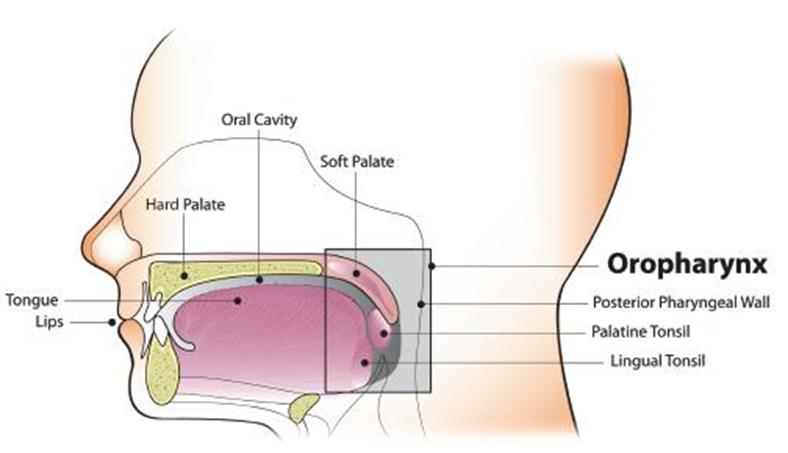

Artwork Found on CDC website:

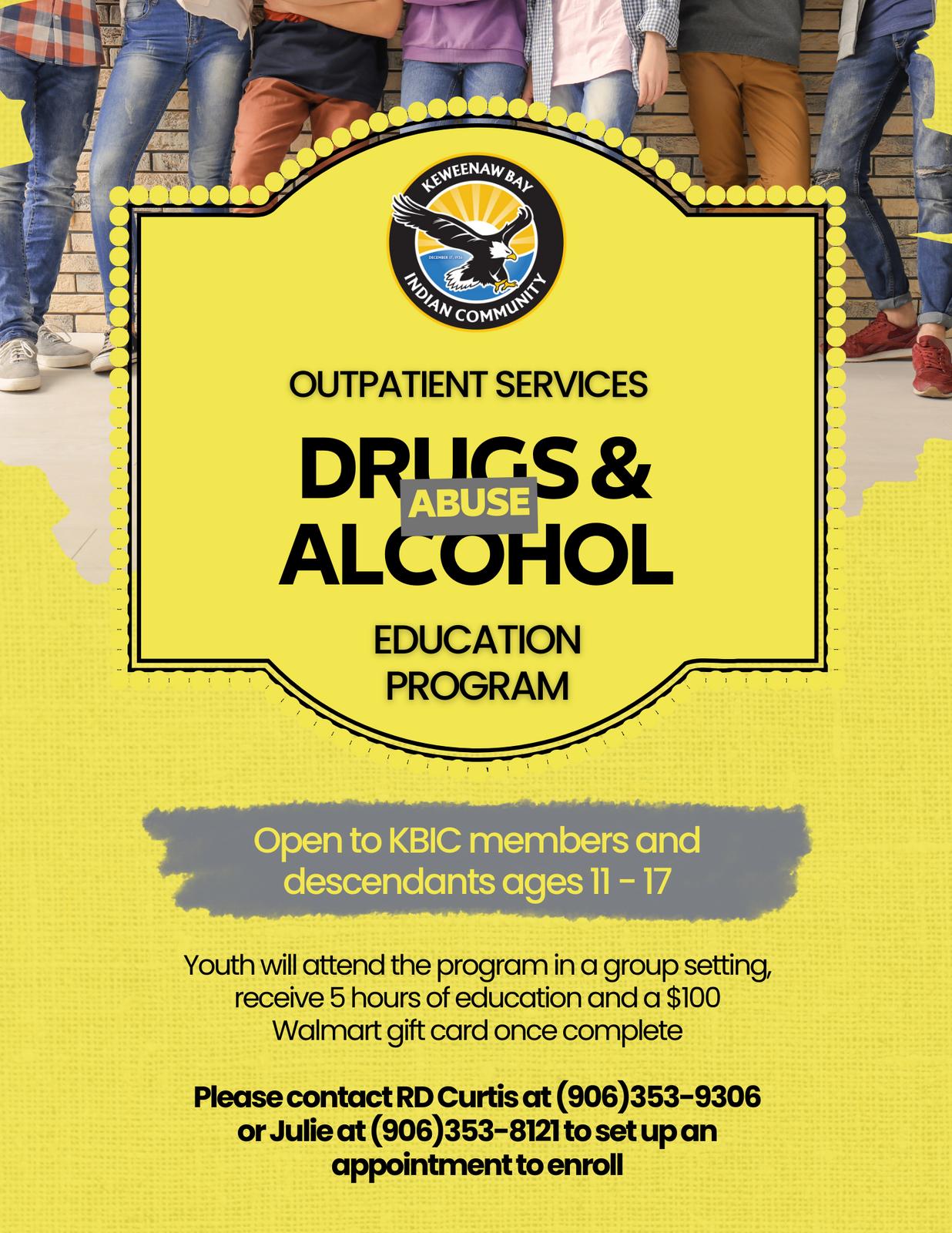
3rd Annual Children's Remembrance Walk

On a beautiful Friday morning, a solemn yet powerful gathering took place at the Keweenaw Bay Indian Community as participants came together to remember and honor the legacy of boarding school survivors and those affected by colonial violence.

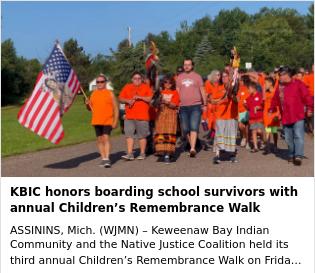
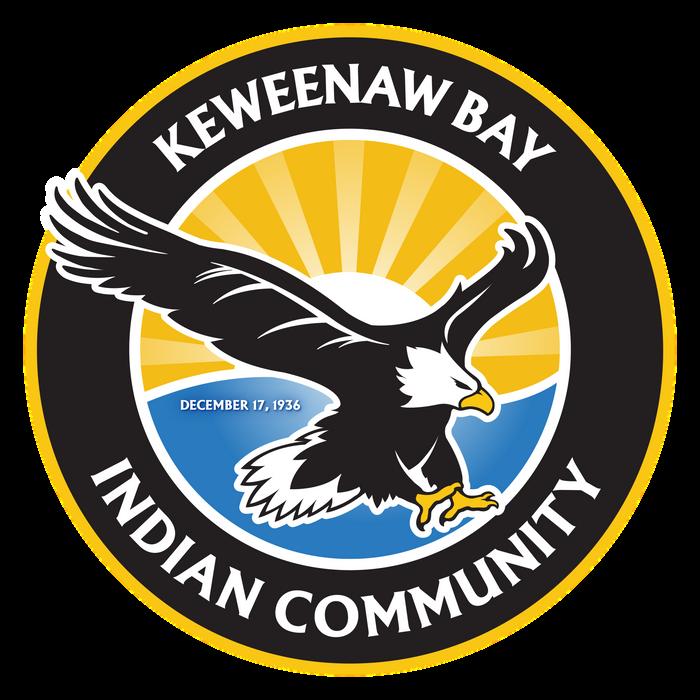
The 3rd Annual Children’s Remembrance Walk commenced on July 21st with an opening ceremony at 8 am, followed by a deeply moving walk at 9 am Dressed in hues of orange, a color symbolizing resilience and solidarity, attendees united to pay tribute to the strength and spirit of those who endured the harsh realities of the past
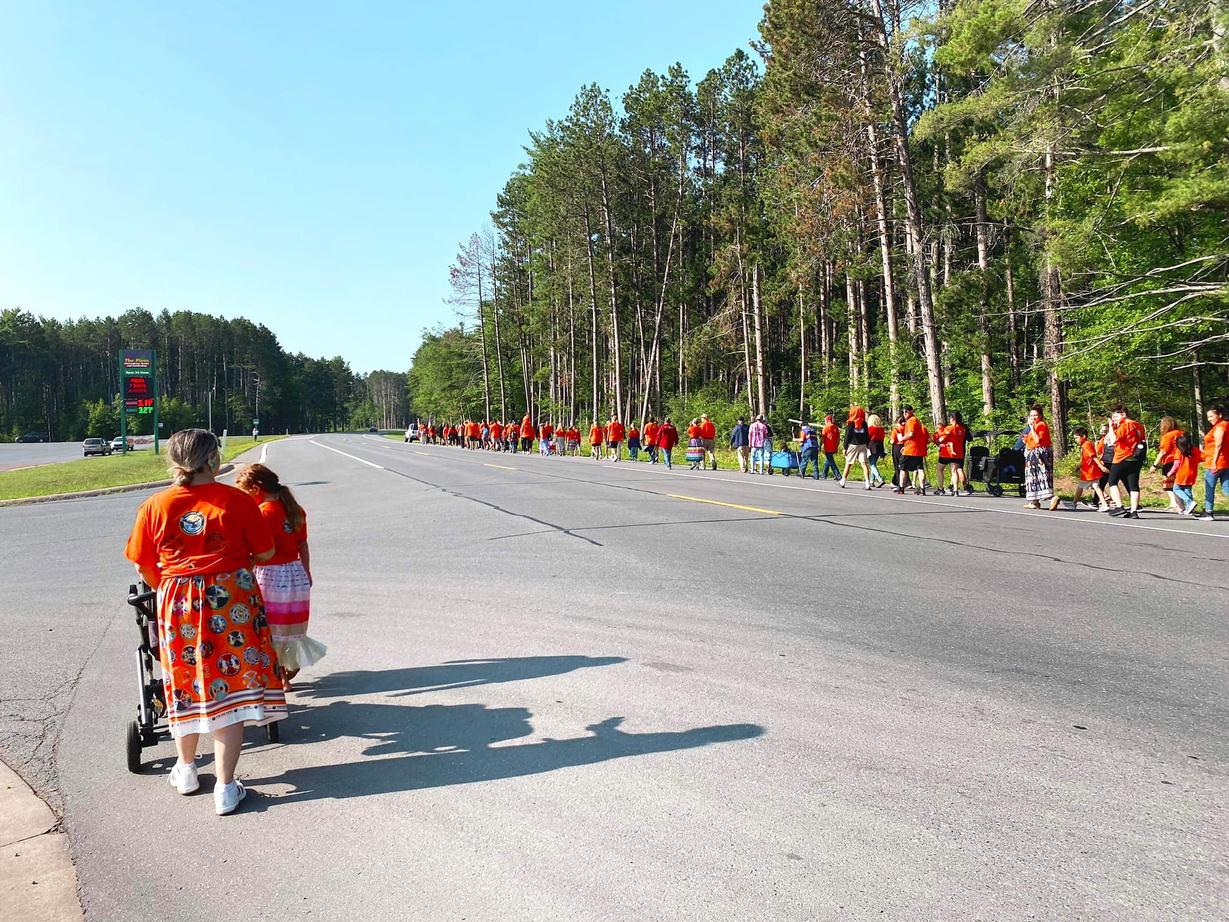
The event, organized by the Keweenaw Bay Indian Community in collaboration with the Native Justice Coalition, Keweenaw Bay Ojibwa Community College, and Michigan Truth & Reconciliation Commission, held special significance as it aimed to shed light on the dark chapter of history when indigenous children were forcibly taken from their families and communities to attend boarding schools. The walk served as a reminder of the enduring impact of colonial policies on indigenous communities and their ongoing journey toward healing
